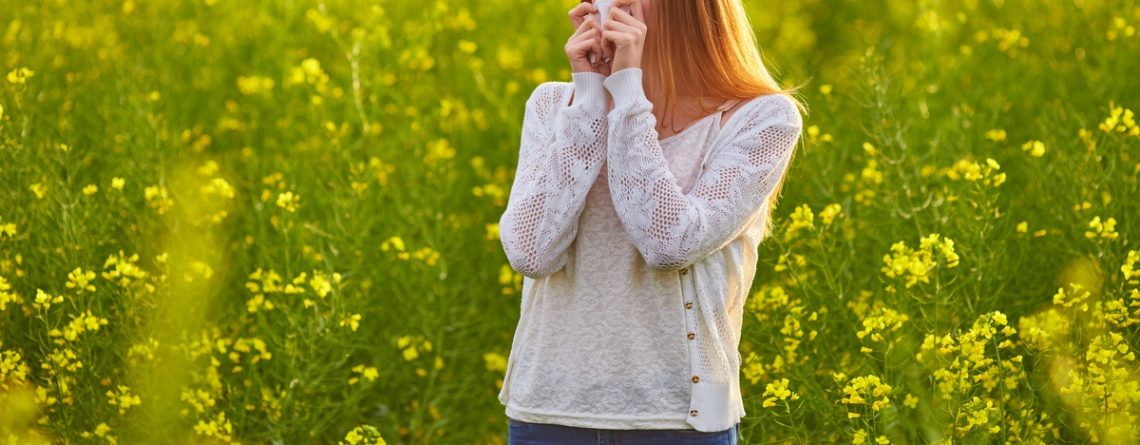Dealing with the symptoms and the cause
Well, the weather today might not reflect it, but it’s Spring! For most people Spring means the start of beautiful weather and looking forward to spending more time outdoors. For many people, however, the start of Spring means the start of misery. Hay fever. Runny nose, itchy watery eyes, sneezing, the list goes on. But there are things you can do about it that will relieve your misery, and maybe even have you outdoors enjoying the warmer weather.
What is Hayfever?
It is estimated that up to 3 million Australians suffer from hayfever. It is most common in the 25-44 year old age bracket. In the simplest terms, hayfever is an exaggerated immune response. This can be a response to all sorts of things – dust, pets, and very commonly, pollen.
When you are allergic, your body responds by flooding your blood stream with histamines. Histamines boost blood flow to the affected area, causing inflammation and signaling to the body’s immune system that help is needed. This is what creates the symptoms we know as hay fever. These symptoms are designed to do one of two things – flush the allergens out of your body (via the mucous membranes) or stop the allergens for getting into your body, by swelling up. Symptoms include:
- Runny, watery eyes
- Runny, itchy nose
- Sneezing
- Itching and swollen eyes, roof of your mouth and throat
- Dark circles under the eyes
A tendency to hay fever is usually genetic – you will find a parent or sibling with the same problem. And it often accompanies asthma or eczema.
Treatment
Western medicine tends to treat the symptoms of hay fever, rather than the cause. Avoiding the outdoors during spring, saline sprays for the nose, and antihistamine tablets will reduce the severity of the symptoms. However, they don’t treat the cause. And the side effects of some antihistamines, like drowsiness, can present problems of their own. In fact, The World Health Organization believes acupuncture to be a more effective way of treating hay fever than antihistamines.
Traditional Chinese Medicine focuses on balancing the body, and so works on not only addressing the symptoms, but resolving the root cause. A combination of Traditional Chinese Herbal Medicine and Acupuncture will help with both.
Since hay fever is essentially an overreaction of the immune system, it makes sense that making sure the immune system is balanced and health is a good place to start. Traditional Chinese Herbal Medicine will help strengthen the immune system by working on the spleen, lungs and kidneys. They will also assist with draining the dampness in the mucous membranes – particularly the nose.
Acupuncture treatment will directly target the site of the inflammation, and assist with strengthening the immune system.
You should feel relief from the symptoms in the first treatment. Over the course of treatment – which, depending upon the severity of the condition may take up to 8-10 sessions, improvement will continue until you should only need occasional ‘maintenance’ appointments.
As an added benefit, you will sleep better, have more vitality and better digestion as the treatment continues.
So if you suffer from debilitating hay fever every spring, call our Hills District Clinic on 9639 7337 to make an appointment with our specialist Acupuncture and Traditional Chinese Medicine practitioner.



